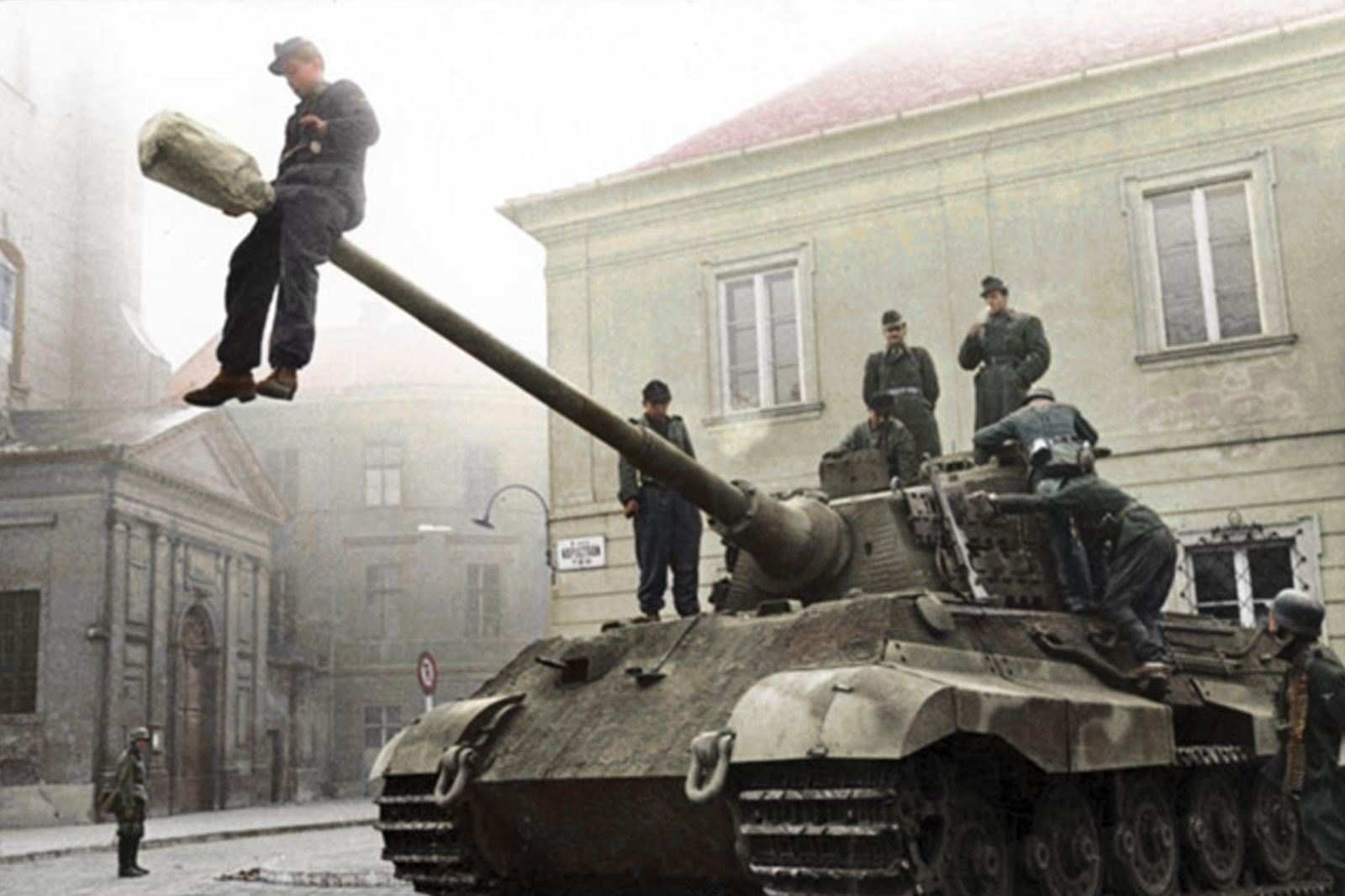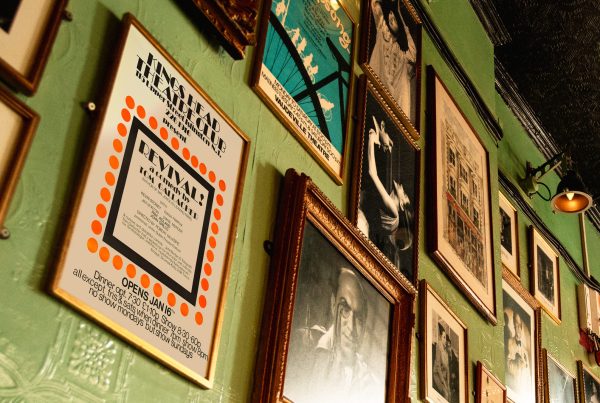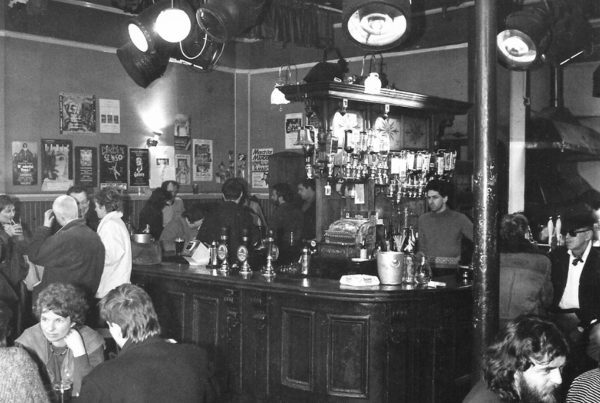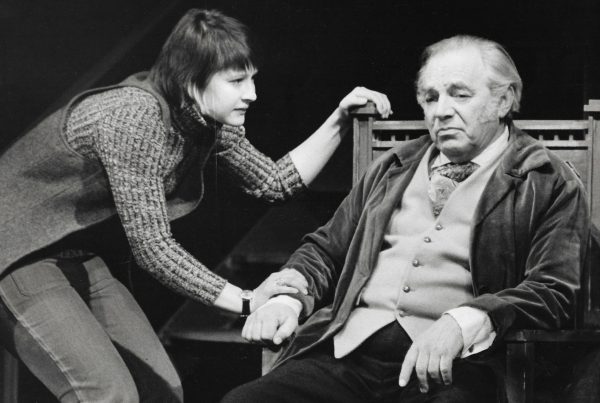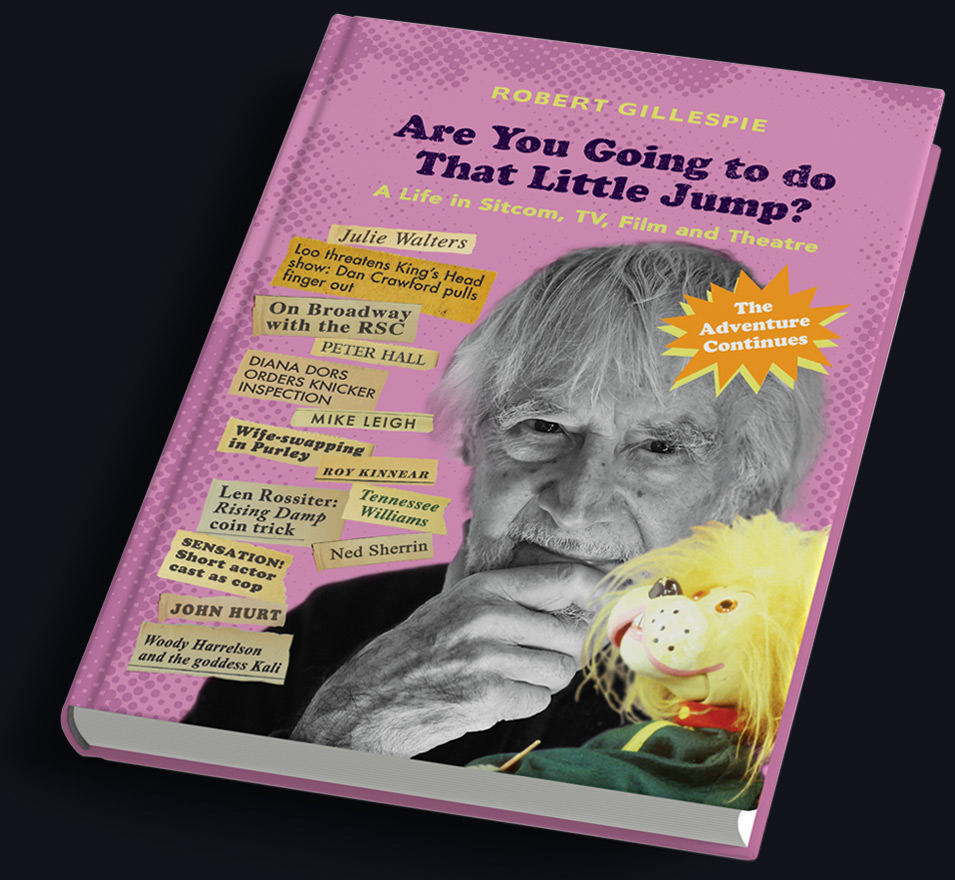Nicholas Wenckheim was tall, slim handsomely lean-faced, beautifully dressed – probably in his fifties. He spoke remarkably good English and displayed the most exquisite manners. Even when – later – I detected anger, even fury, he controlled it in a fashion I’d only ever read about in nineteenth century Romantic novels; his wrath was almost invariably laced with a biting, mordant wit.
The Hungarian nobility is about as hard to comprehend as the history of China. So many warring and fleeing tribes have crossed and re-crossed that little patch of land-locked earth that has become Hungary that nobody can agree on a consistent narrative.
Wenckheim (of course) is a German name, so it’s plausible to imagine that he is a sprig of the Austro-Hungarian alliance which gave the little country out-of-proportion status for many decades. Nicholas insisted that he was a proper Hungarian aristocrat with a profound territorial claim…
I do not recall if he told me, in detail, his family’s story but what is vivid to this day is that he believed that he had been deprived of his cultural, ecological niche. That his class had as much right to their aristocratic patrimony as any man or woman living, beggar, peasant or king. His chief focus of hate was Soviet Russia. His openness was striking and it clearly helped when I told him that my mother came from Budapest.
Here is a necessary bit of history:
You have to know that Hungary sided with Germany at the start of World War Two. But…
“…in early 1944, most of the European Jews had been exterminated. The largest remaining concentration of Jews, approximately eight hundred thousand, was in Hungary. Although anti-Semitic decrees were instituted in Hungary by the start of the war, none of the Jews had been murdered. Fearing that Hungary was about to quit the war, the Nazis realised that Hungary needed to be a buffer zone between Austria and the advancing Russian army invading from the south and east, as well as recognizing that Hungary’s remaining Jews were obstacles to the Nazi goal of making Europe Judenrein {Jew free}, so the Germans invaded Hungary on March 19, 1944. Immediately they set up a puppet government and installed General Döme Sztójay as prime minister.”
I can’t recall whether or not Nicholas Wenckheim had left for Argentina, by this time. You will have noted that he, later, wrote a play about Raoul Wallenberg and, for a time, I believed he claimed to have met him personally.
Another bit of history:
“The last German troops left Hungary on 4 April 1945. The country was annexed to the Soviet empire.
Imre Nagy, the Communist Minister of Agriculture, announced land reform on 17 March 1945. All domains of more than 5.75 km2 (1,420 acres) were confiscated and the owners of smaller estates could retain a maximum 0.58–1.73 km2 (140–430 acres) of land. The land reform, as Bryan Cartledge noted, destroyed the nobility and eliminated the “elements of feudalism, which had persisted for longer in Hungary than anywhere else in Europe”. Similar land reforms were introduced in Romania and Czechoslovakia. In the two countries, ethnic Hungarian aristocrats were sentenced to death or prison as alleged war criminals. Hungarian aristocrats could retain their estates only in Burgenland (in Austria) after 1945.
Soviet military authorities controlled the general elections and the formation of a coalition government in late 1945. The new parliament declared Hungary a republic on 1 February 1946. An opinion poll showed that more than 75% of men and 66% of women were opposed to the use of noble titles in 1946. The parliament adopted an act that abolished all noble ranks and related styles, also banning their use. The new act came into force on 14 February 1947.”
And I believed that, around this time, Nicholas skedaddled – to Buenos Aires.
I cannot recall details of our conversation but he explained his political stance, described his industrious writing activity, his ambitions, talked of play agents, US publishers. I outlined the rise of a healthy alternative play-producing sector, the Fringe, especially in London at the King’s Head, where I was closely involved in its pioneering work; he thirsted after recognition in any field. Wenckheim was reticent about his personal life, his family. Above all, I felt I was in the presence of a genuine example of a fast-fading class of European leaders and authority figures. The people who had, for centuries, assumed a superior right to dominate and rule and acquire land and property – and clung doggedly to this comforting fixation even when they themselves were oppressed and exploited by others of their own kind and – regularly – fell into abject poverty. It came across as an inherited right to be top or, at the very least, to be allowed room on the planet to persist.
We met on several occasions and, later, he asked us to meet a lady – and we did – of his acquaintance. She was dark, petite, of a certain age and utterly charming, in the same upper-crust kind of way as Nicholas himself.
In the next episode, I’ll tell you what I’ve discovered that may, possibly, enhance the picture of the Wenckheim I knew.
End Part Seven

